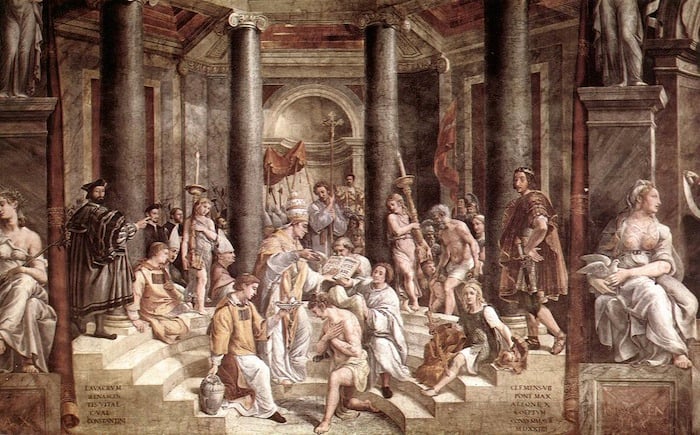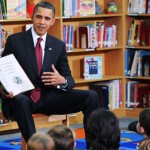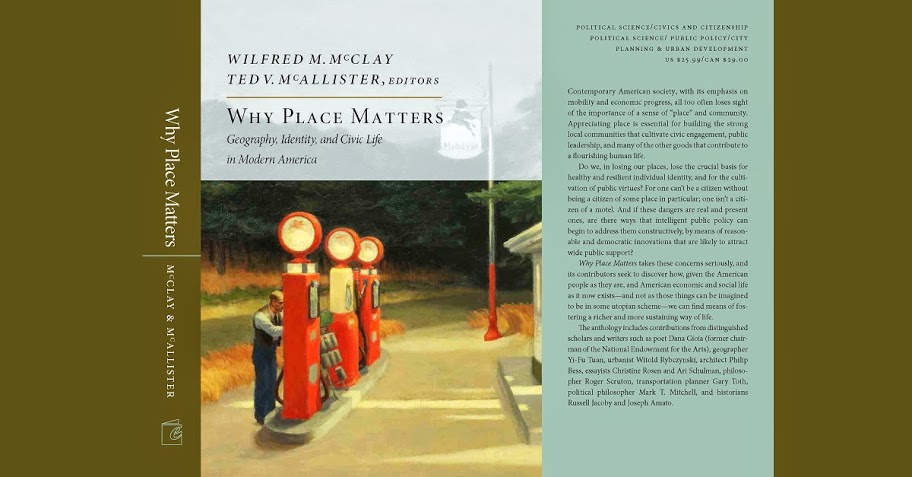In prepping for a recent interview with Robert Bellah about his upcoming visit to Notre Dame, I spent some time thinking about one of Bellah’s most significant contributions to the study of religion: a nuanced understanding of civil religion. Bellah’s argument for considering “American Civil Religion” (our public religion expressed in the religious language of politics and national rituals) a “real” religion like any other draws on a long history of theorizing about the public role of religion. Bellah follows the sociologist Émile Durkheim in seeing religious symbols and rituals as crucial elements in the development of social solidarity. Bellah’s “American Civil Religion” and the curiously successful construction of State Shintoism in Meiji Japan are perhaps the two best examples of public religions in the era of nation-states.
But the more curious aspect of civil religion that Bellah draws attention to is how certain Christian groups use the concept to position Christianity as a national religion in a way that evokes a dangerous triumphalist-exceptionalism. America, such arguments run, is God-ordained to become a Christian theocracy that would act as the “City-on-a-hill” beacon that the Puritans intended.
I don’t draw attention to this vision to argue against it. To a certain extent religion and politics cannot be divided empirically and ought not be viewed as totally distinct theoretically. But the church has too often operated under an intense naiveté about how such mergers work themselves out, particularly in nation-states. Bellah’s argument is that American Civil Religion is neither Christianity nor political life sprinkled with Christian cultural artifacts, but rather a whole separate religion – one that draws on but operates distinct from Christianity.
Political institutions, as with any institution, are covered over in cultural meanings and systems of belief that legitimate and propagate the importance of that institution. In the American context, the Church too often looks to political institutions in the vain hope that they will, at some point, champion its interests. Even in the best moments of cooperation, political institutions are always in narrative competition with sacred ones, and this is a reality that the Church should remember.













